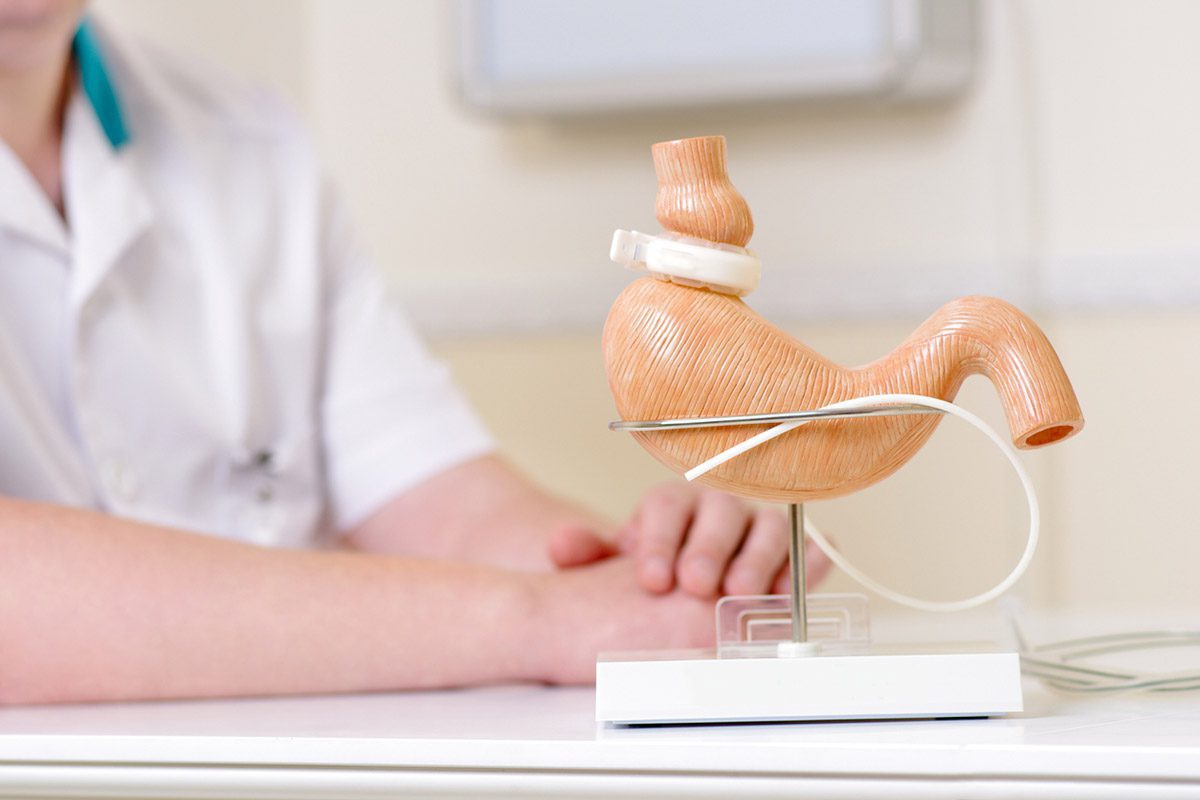Because this piece does not have an abstract, we have provided for your benefit the first 3 sentences of the full text.
To the Editor: In recent years, there has been growing interest in research on N-methyl-d-aspartate (NMDA) antagonists as rapid-acting agents for treating depression and related suicidal ideation. Ketamine has shown preliminary efficacy for the rapid treatment of both unipolar and bipolar depression, although it has been also associated with high rates of dissociative and psychotomimetic symptoms, especially within 60 minutes after the infusion. For this reason, we read with great interest the update recently published in JCP4 that synthesized issues related to efficacy, adverse effects, and mechanism of action of ketamine for treating depression.
This work may not be copied, distributed, displayed, published, reproduced, transmitted, modified, posted, sold, licensed, or used for commercial purposes. By downloading this file, you are agreeing to the publisher’s Terms & Conditions.
See reply by Andrade and article by Andrade
Antidepressant Response and Dissociative Effects After Ketamine Treatment: Two Sides of the Same Coin?
To the Editor: In recent years, there has been growing interest in research on N-methyl-d-aspartate (NMDA) antagonists as rapid-acting agents for treating depression1 and related suicidal ideation.2 Ketamine has shown preliminary efficacy for the rapid treatment of both unipolar and bipolar depression, although it has been also associated with high rates of dissociative and psychotomimetic symptoms, especially within 60 minutes after the infusion.3 For this reason, we read with great interest the update recently published in JCP4 that synthesized issues related to efficacy, adverse effects, and mechanism of action of ketamine for treating depression. In particular, in analyzing ketamine-related adverse effects, this overview highlighted that subanesthetic doses of ketamine may induce dissociative and psychotomimetic symptoms, although these effects are often mild and short-lasting.4 In addition, the authors of a recent review5 suggest that intranasal route of administration and lower doses of ketamine, as well as alternative NMDA-modulating agents, all might mitigate dissociative and psychotomimetic effects.
However, ketamine-induced dissociative symptoms, whether therapeutic or side effects, may deserve additional insight. Findings from a randomized controlled trial6 showed that significant, though transient, dissociative effects can occur after ketamine infusion in about 1 out of 5 subjects with treatment-resistant depression. However, a significant correlation between dissociative symptoms 40 minutes after ketamine infusion and improvement in depressive symptoms (230 minutes and 7 days after infusion) has been reported in subjects with treatment-resistant major depressive or bipolar disorder.7 Among the potential mediators tested, only dissociative effects predicted a robust and sustained antidepressant response attributable to ketamine. This issue may well be supported by a biological rationale, since dissociative symptoms may be the consequence of the enhancement of glutamate release induced by ketamine.7 In addition, a recent study based on a retrospective chart review8 evaluating efficacy and safety of intravenous subanesthetic doses of esketamine in 27 subjects with treatment-resistant or bipolar depression found that mild to severe dissociative symptoms occurred in about one tenth of subjects. Nevertheless, 2 out of 3 subjects with dissociative symptoms remitted from depression within 3 weeks after esketamine infusion. Thus, also in this case, it seems that ketamine-related dissociation and therapeutic efficacy might be linked, possibly as "two sides of the same coin." Nonetheless, available evidence is limited and not conclusive, since other studies, although based on small sample sizes, showed that dissociative symptoms were not correlated with changes in depression scores9 or could be even associated with suicidal ideation.10 Although a number of different factors involved in the efficacy of ketamine can be hypothesized,11 including induced psychotomimetic effects,12 the mechanisms of its antidepressant activity are far from being fully understood. In particular, it should be elucidated if transient dissociative effects induced by ketamine should be considered physiological conditions linked to antidepressant response, rather than intrinsic side effects that could decrease clinical confidence in terms of tolerability. Research should clarify strategies that can decrease ketamine-induced dissociative effects5 while not challenging its promising antidepressant properties.
References
1. Fond G, Loundou A, Rabu C, et al. Ketamine administration in depressive disorders: a systematic review and meta-analysis. Psychopharmacology (Berl). 2014;231(18):3663-3676. PubMed CrossRef
2. Bartoli F, Riboldi I, Crocamo C, et al. Ketamine as a rapid-acting agent for suicidal ideation: a meta-analysis. Neurosci Biobehav Rev. 2017;77:232-236. PubMed CrossRef
3. McGirr A, Berlim MT, Bond DJ, et al. A systematic review and meta-analysis of randomized, double-blind, placebo-controlled trials of ketamine in the rapid treatment of major depressive episodes. Psychol Med. 2015;45(4):693-704. PubMed CrossRef
4. Andrade C. Ketamine for depression, 1: clinical summary of issues related to efficacy, adverse effects, and mechanism of action. J Clin Psychiatry. 2017;78(4):e415-e419. PubMed CrossRef
5. Cooper MD, Rosenblat JD, Cha DS, et al. Strategies to mitigate dissociative and psychotomimetic effects of ketamine in the treatment of major depressive episodes: a narrative review. World J Biol Psychiatry. 2017;18(6):410-423. PubMed CrossRef
6. Murrough JW, Iosifescu DV, Chang LC, et al. Antidepressant efficacy of ketamine in treatment-resistant major depression: a two-site randomized controlled trial. Am J Psychiatry. 2013;170(10):1134-1142. PubMed CrossRef
7. Luckenbaugh DA, Niciu MJ, Ionescu DF, et al. Do the dissociative side effects of ketamine mediate its antidepressant effects? J Affect Disord. 2014;159:56-61. PubMed CrossRef
8. Correia-Melo FS, Argolo FC, Araújo-de-Freitas L, et al. Rapid infusion of esketamine for unipolar and bipolar depression: a retrospective chart review. Neuropsychiatr Dis Treat. 2017;13:1627-1632. PubMed CrossRef
9. Valentine GW, Mason GF, Gomez R, et al. The antidepressant effect of ketamine is not associated with changes in occipital amino acid neurotransmitter content as measured by [(1)H]-MRS. Psychiatry Res. 2011;191(2):122-127. PubMed CrossRef
10. Ionescu DF, Swee MB, Pavone KJ, et al. Rapid and sustained reductions in current suicidal ideation following repeated doses of intravenous ketamine: secondary analysis of an open-label study. J Clin Psychiatry. 2016;77(6):e719-e725. PubMed CrossRef
11. Niciu MJ, Luckenbaugh DA, Ionescu DF, et al. Clinical predictors of ketamine response in treatment-resistant major depression. J Clin Psychiatry. 2014;75(5):e417-e423. PubMed CrossRef
12. Sos P, Klirova M, Novak T, et al. Relationship of ketamine’s antidepressant and psychotomimetic effects in unipolar depression. Neuroendocrinol Lett. 2013;34(4):287-293. PubMed
aDepartment of Medicine and Surgery, University of Milano Bicocca, Monza, Italy
bDivision of Psychiatry, University College London, London, United Kingdom
Potential conflicts of interest: None.
Funding/support: None.
J Clin Psychiatry 2017;78(9):e1318
https://doi.org/10.4088/JCP.17lr11789
© Copyright 2017 Physicians Postgraduate Press, Inc.
This PDF is free for all visitors!





